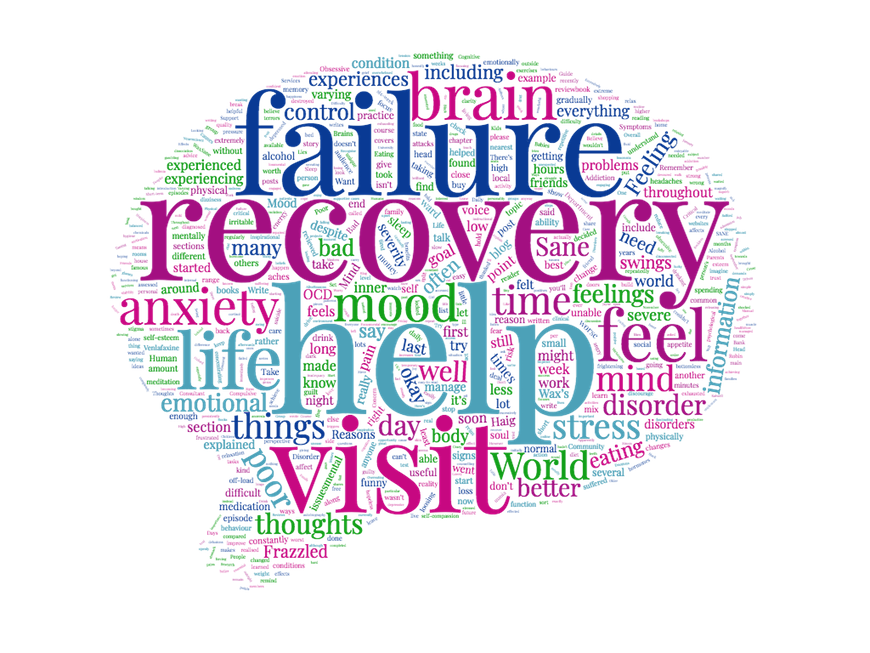 |
This is the eleventh and final blog post in a series titled Wonderful Websites. The first focused on general health and can be read here. The second focused on mental health and mental illness and can be read here.
The third post focused on shopping and can be read here. The fourth focused on money and can be read here. The fifth focused on gigs, shows and theatres and can be read here. The sixth focused on paganism and can be read here. |
The seventh focused on gay culture and society and can be read here. The eighth focused on TV, Online Streaming & Films and can be read here.
The ninth focused on music & radio and can be read here. The tenth focused on technology and can be read here.
This is also the second in an Autism & Asperger’s Syndrome Series of blog posts. The first post was Autism & Asperger’s Syndrome Series – What they are, Signs/Symptoms, Diagnosis and Treatment Approaches.
Here’s Wonderful Websites for autism and Asperger’s syndrome:
1. The National Autistic Society – A great online resource. It covers autism and Asperger’s syndrome for all ages and people in all circumstances.
2. NHS Choices – Autism Spectrum Disorder a great website for understanding the basics of autism and Asperger’s syndrome. It includes sections on: overview, symptoms, causes, diagnosis, treatment and adults with autism.
3. Scope: Autism – A fantastic website for all things disability. Their website has sections for people whom are disabled, a section for families and a section for professionals. They also have a telephone helpline.
4. Child Autism UK – A useful website if you have a child who has or you suspect has autism.
5. Asperger’s Syndrome Foundation UK – The website is really basic, but does have some good information on.
6. Asperger-Syndrome.me.uk – This website has some great content, but you can’t copy/paste the information as the information is saved as images rather than text. This means it’s usefulness for research purposes is limited.
Are there any websites around autism or Asperger’s syndrome that you think are useful that aren’t on the list? If so leave a comment below and let me know.
Blog soon,
Antony





